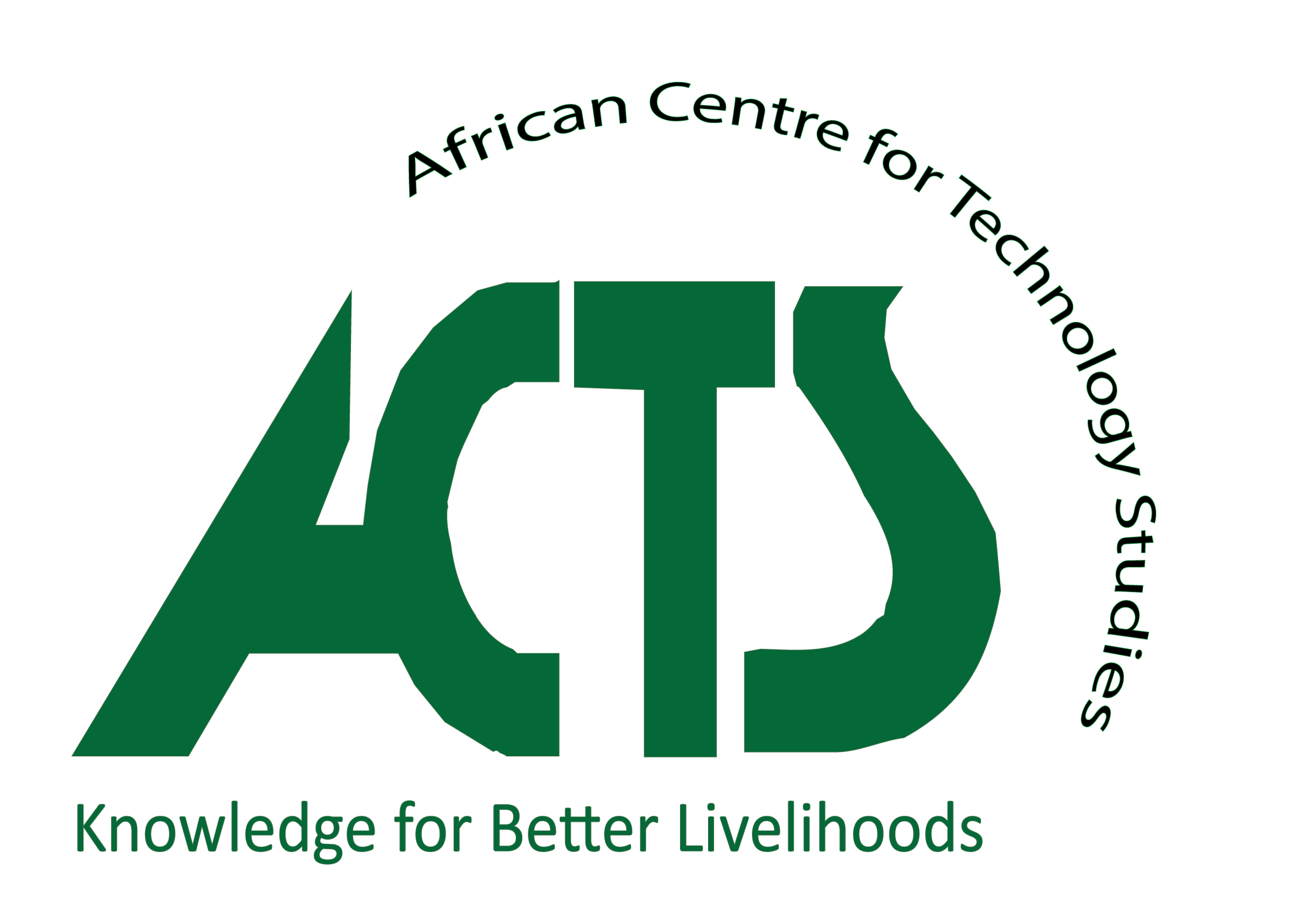By Dr. Lawrence Nderu
Storytelling is an essential communication tool and can be used as a contextual bridge between play and written narrative. This is something that I discovered when I sat with a five-year-old for the first time and found that I needed new stories to keep up with the child's appetite for them. I turned to OpenAI for new stories and found several relevant solutions.

As we move towards 2030, which is only eight years from now, the positives and negatives of AI will become more evident. Today's "hype" will have matured, and every new development will be in our local shops. We will see AI cameras, shopping recommendations, loan application forms, and job interviews, all powered by AI. As with any new or not-so-new development, AI has positive and negative aspects.
One such positive aspect is the work done by researchers and students at the African Centre for Technology Studies (ACTS). At their supervisor's meeting held in October 2022 in Nairobi, Kenya, I noticed the many excellent ideas that were being researched and developed. It is essential to consider how we can optimize Africa's AI efforts and the ongoing research work in Africa and worldwide for the benefit of our people.
However, there are also negative aspects to consider. One such aspect is the question of who holds the data that is the main ingredient for AI. Can we trust other entities to use our data for only the good? The digital divide is a reality in the world and specifically in Africa. We must create awareness at the basic levels of what AI is all about. Creating awareness is the bare minimum. We will need Africa's top brains to take the challenge of going deeper into these areas and creating solutions for the motherland.
Another critical aspect to consider is the need for favourable funding models. Investing in tech solutions requires unique models; we need funding to have a real problem in our continent. Ideas will be generated in Africa, actualized elsewhere, and with minimal benefits to our people. The COVID-19 pandemic has demonstrated the need for research and development.
With more than 28 countries represented in the ACTS scholarship program and many other efforts going on, AI must be for the good of the world and specifically for Africa. It is vital to ensure that funding models are not biased and that everyone shares the benefits of AI. We must also consider the ethical implications of AI and ensure that it is used for the betterment of society.
In conclusion, while AI has many positive aspects, we must also be aware of the negative aspects and work to mitigate them. By creating awareness, investing in research and development, and ensuring that funding models are not biased, we can ensure that AI is used for the world's good and specifically for Africa. With the work of researchers and students at the African Centre for Technology Studies and other efforts, we can look forward to a bright future for AI in Africa.
Dr. Lawrence Nderu is a Lecturer at Jomo Kenyatta University of Agriculture and Technology (JKUAT- Kenya), School of Computing and Information Technology (SCIT) in the Department of Computing and a supervisor under the AI4D Africa project.


